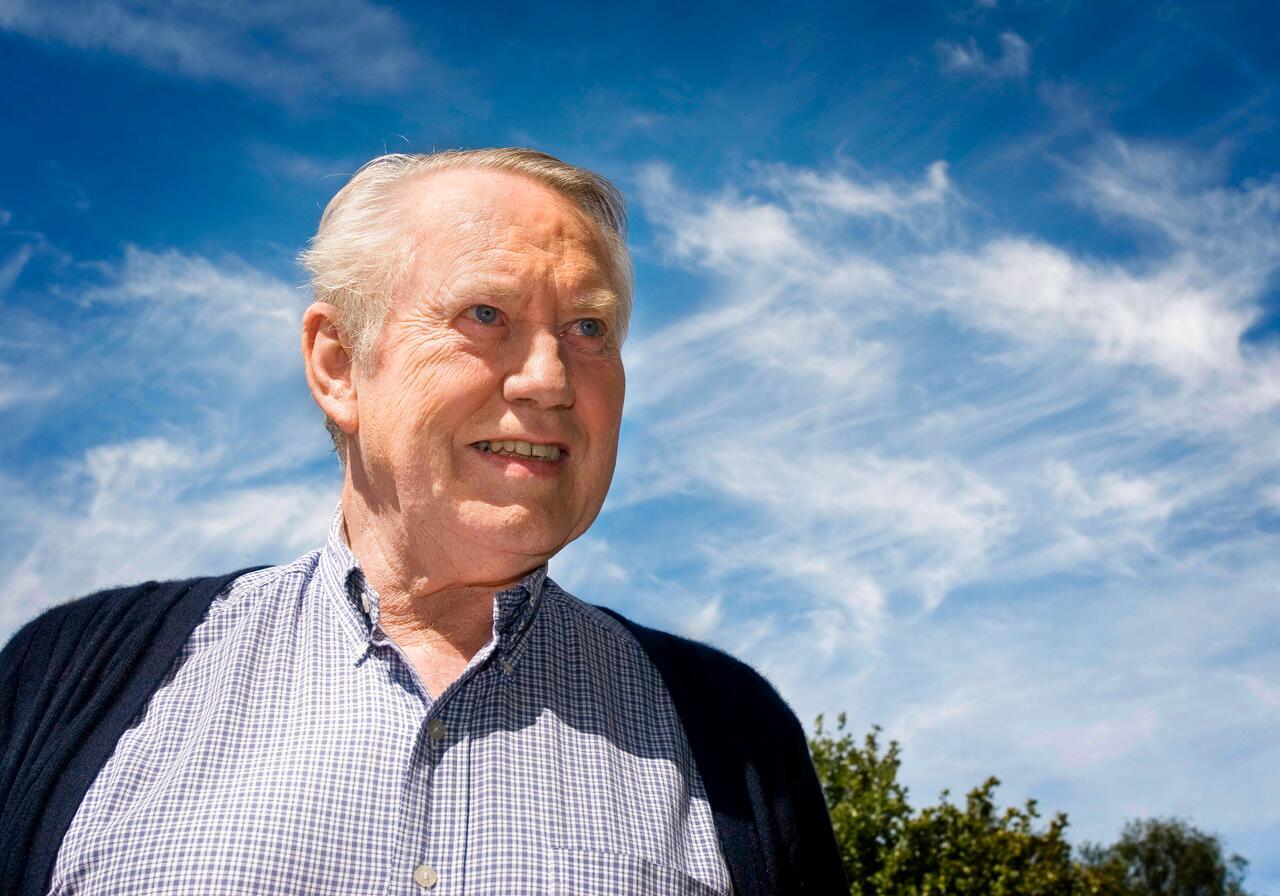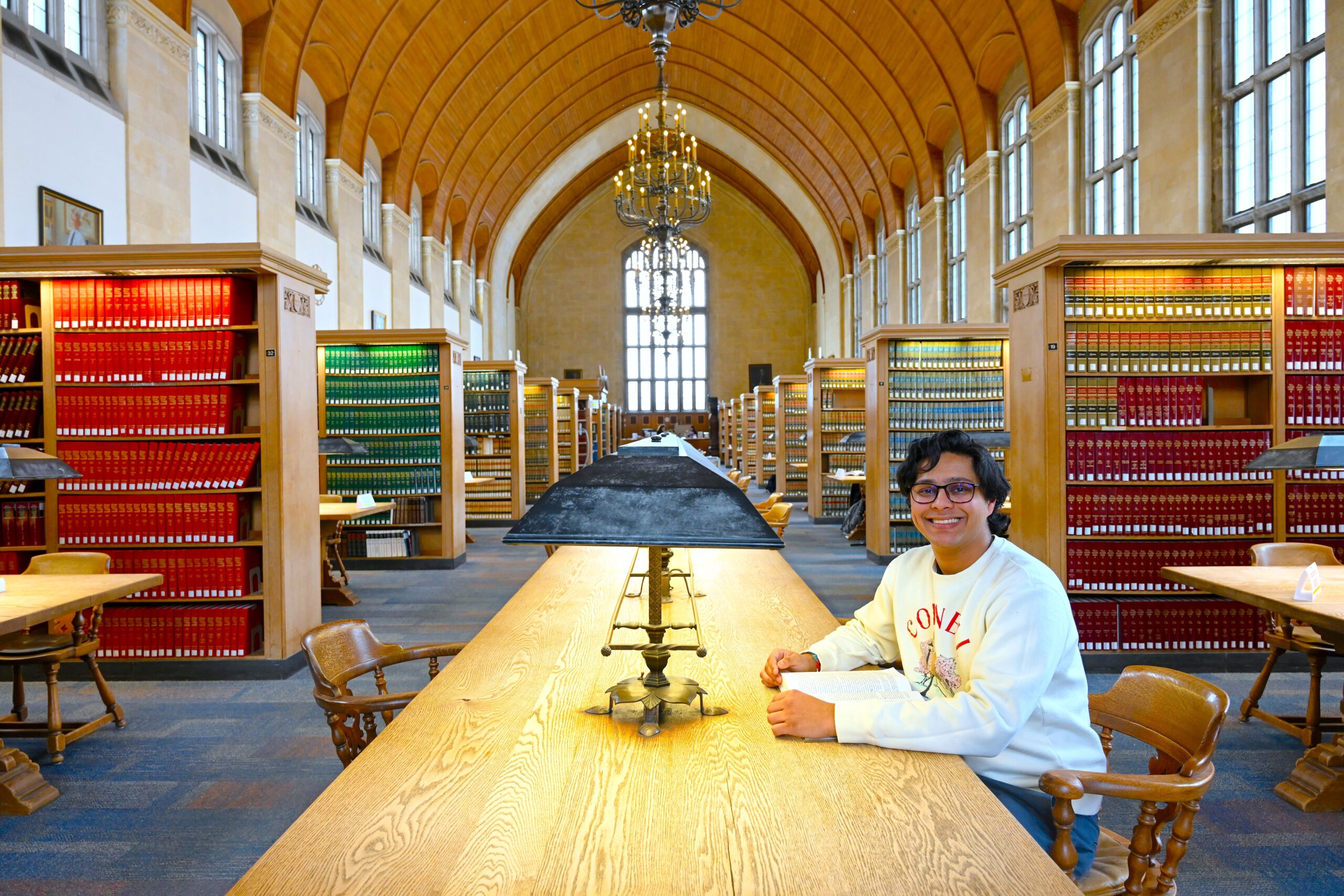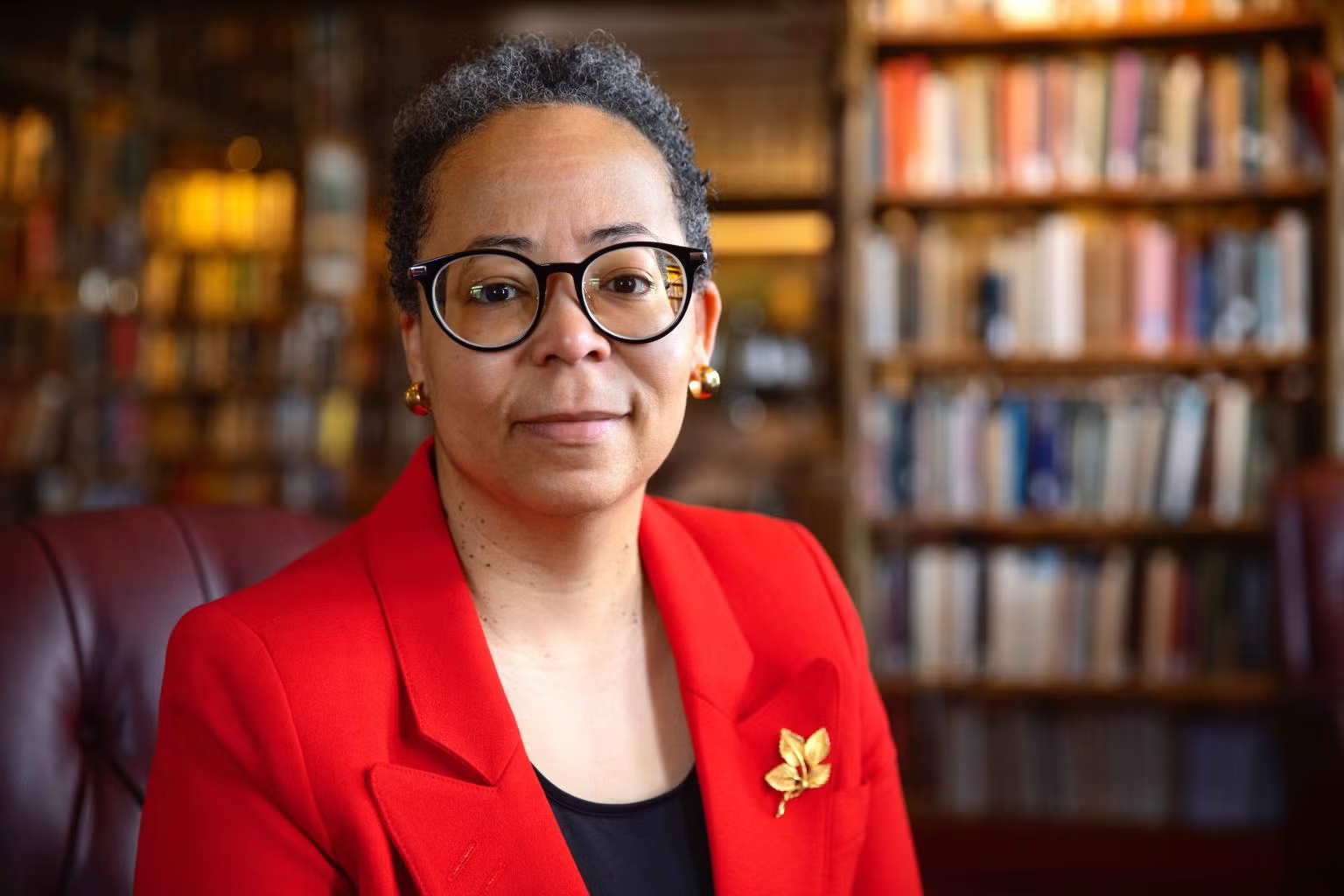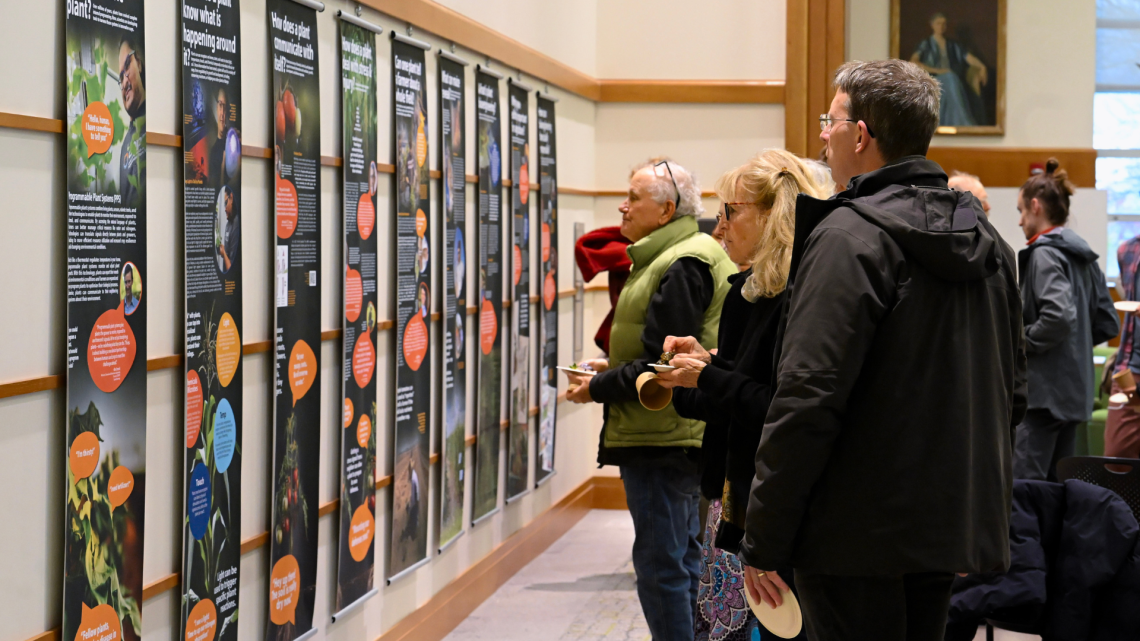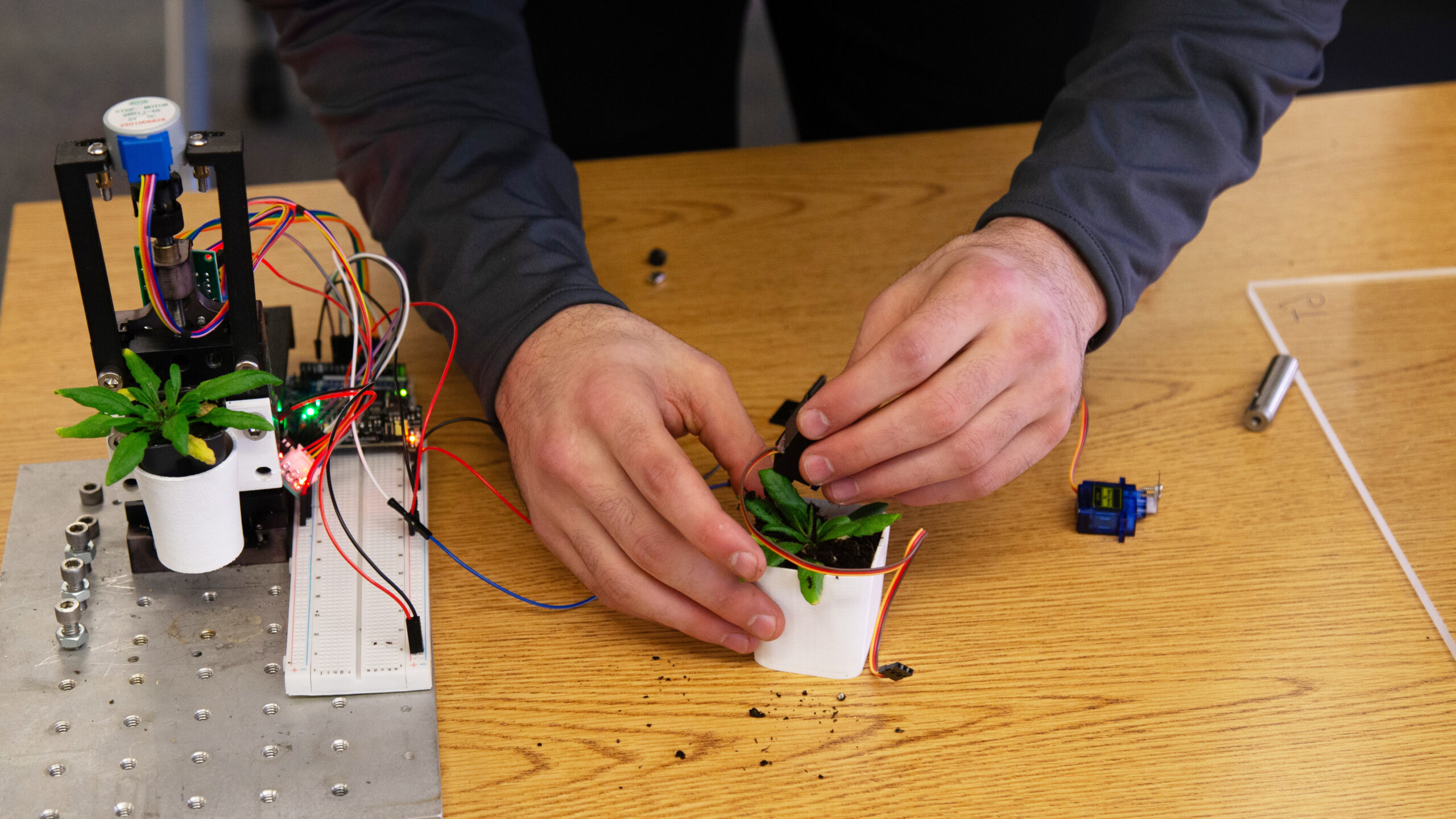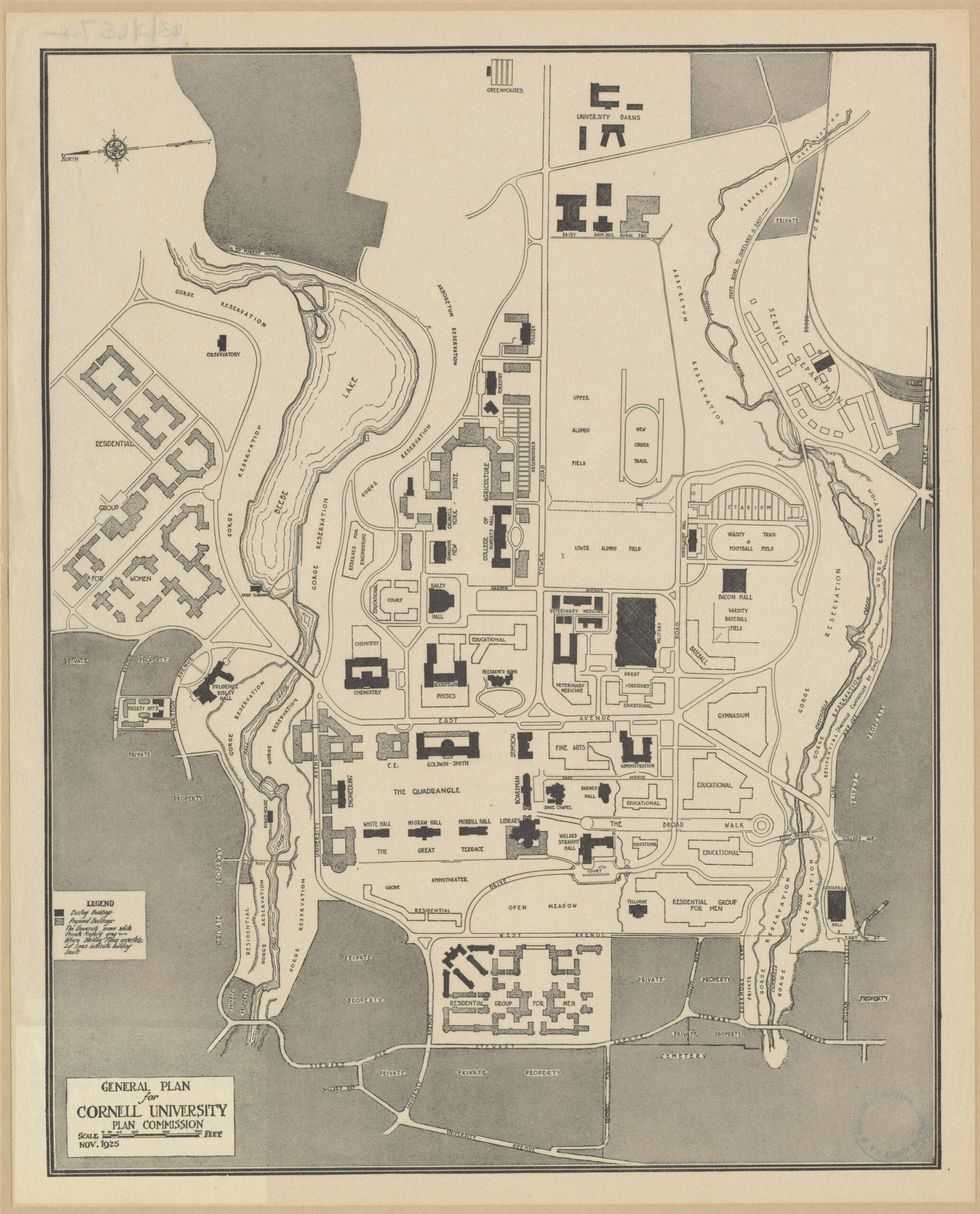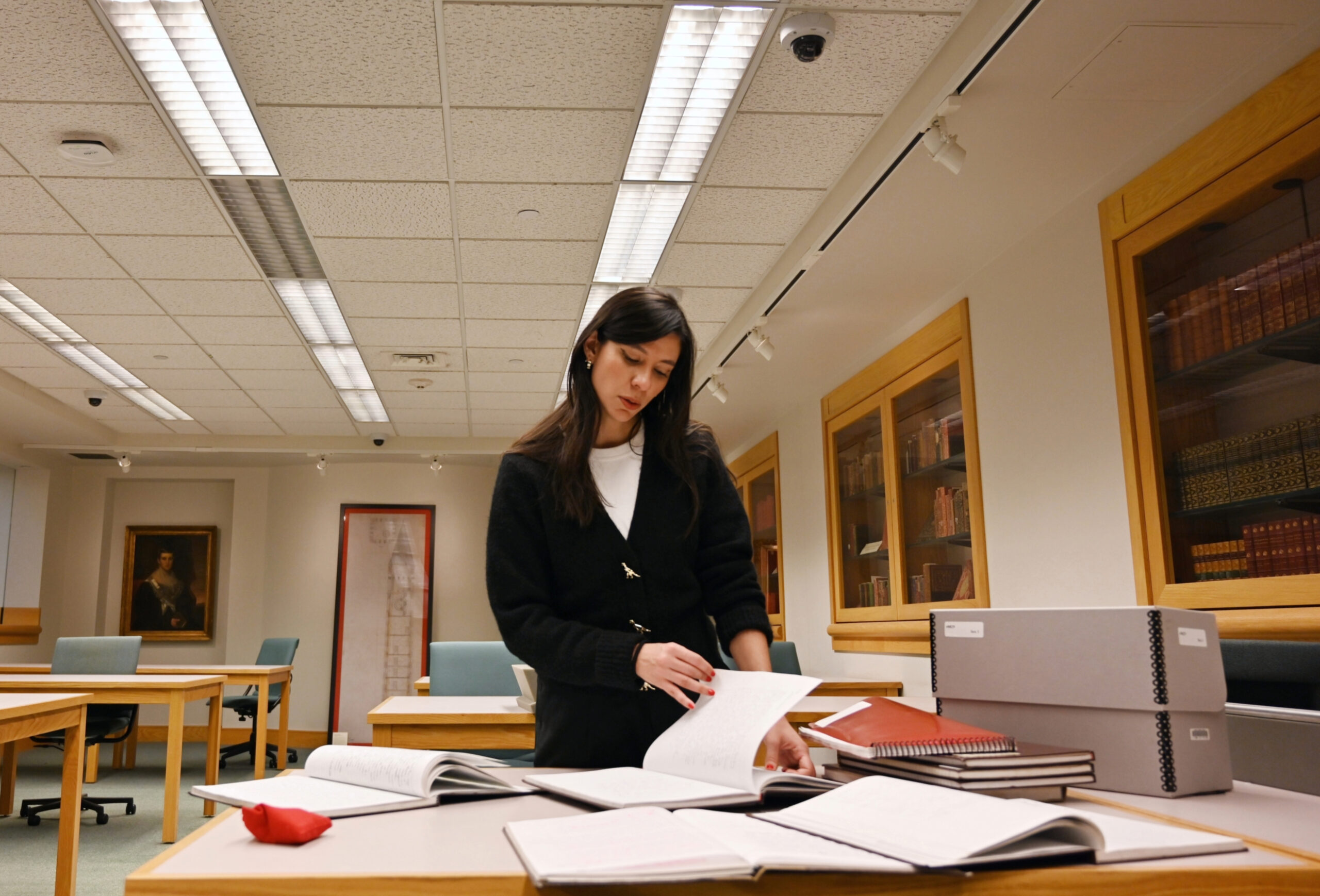
“First, thank God for allowing me to write and transmit these words, thank you for letting me take this pen.”
So began the testimony of a Venezuelan refugee who trekked across the treacherous Andean mountains in search of a better life in neighboring Colombia. This translated excerpt is part of an archive of thousands of handwritten testimonies given to Cornell University Library in 2023 by TodoSomos, a nongovernmental organization dedicated to raising awareness about the Venezuelan migration crisis.
On April 18, this collection of migrant experiences will be presented to the public in a daylong symposium, “Archives in Transit: TodoSomos and the Venezuelan Migration Crisis,” at the A. D. White House. The event will feature faculty and library experts, representatives from Ithaca Welcomes Refugees, Venezuelan artists and writers, and TodoSomos founders Douglas Lyon and Solymet Carrero Lyon.
The free symposium is organized by the Mario Einaudi Center for International Studies’ Latin American and Caribbean Studies Program (LACS) and Cornell University Library.
A few of the notebooks from the 25 ledgers collected in Colombia from 2019 to 2021 by TodoSomos will be on display. For Ernesto Bassi, LACS director and associate professor of history in the College of Arts and Sciences (A&S), these testimonies provide rare and valuable glimpses into the experience of the nearly 8 million displaced Venezuelans across Latin America and around the world, who were forced to flee their home country because of economic hardship, political instability and violence, according to the U.N. Refugee Agency.
“The testimonies included in TodoSomos show us that each individual migrant is a person like any other person,” Bassi said. “Their testimonies give us access to their hopes, dreams, fears and expectations, as they allow us to put a human face to the forces driving this mass exodus.”
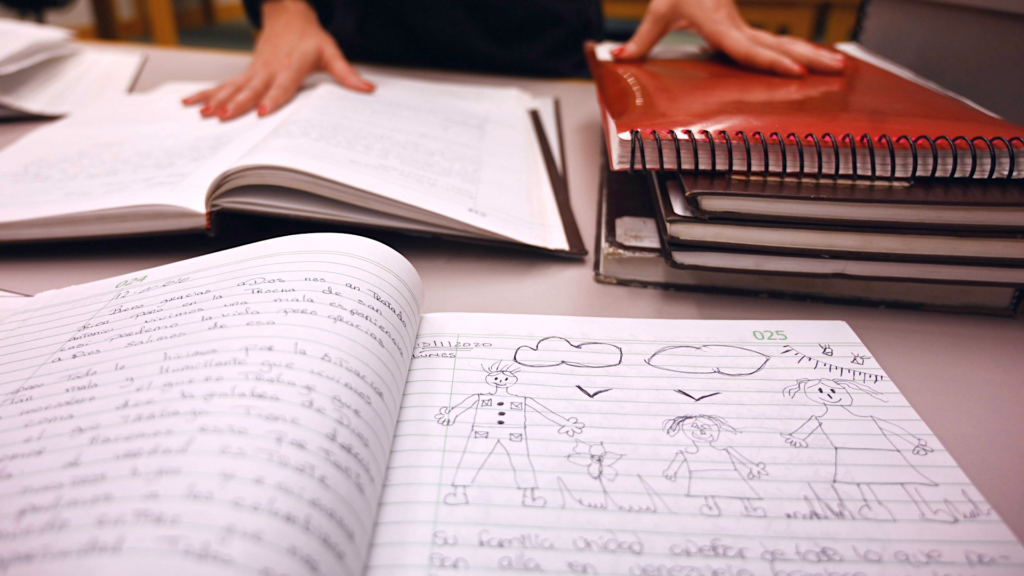
Cornell was a good match for the TodoSomos archive because of the library’s strengths in preserving materials of historical value while also making them accessible to researchers, according to Katherine Reagan, the Ernest L. Stern Director of Rare Books and Manuscripts at Cornell University Library.
“The library offers the facilities, professional expertise and services to make unique research material available,” Reagan said, “but at the same time, while we aim to preserve documents that enable current and future researchers to understand the past, we must also protect the rights and privacy of individuals whose lives are reflected in that documentation.”
TodoSomos was also drawn to the vitality of LACS and the expertise of Cornell professors and scholars with deep connections to Venezuela, such as Irina Troconis, assistant professor in the Department of Romance Studies.
Describing herself as a “Venezuelan scholar working in Venezuelan studies,“ Troconis is the author of a book about the Bolivaran Revolution and is the co-organizer of the online conversation series, “(Re)thinking Venezuela/(Re)pensando a Venezuela.”
She is spearheading a project to transcribe the Venezuelan migrant testimonies for an online collection.
“This is clearly an academic project for me, but it’s also very personal,” Troconis said. “I think that the risk of being an academic is that we always focus so much on what we find theoretically interesting that we forget there are human lives on the other side of these questions.”
With LACS support, Waleska Solorzano, a doctoral student in the field of Romance languages, is working with Troconis to transcribe the testimonies. Like Troconis, she has family ties in Venezuela and feels a sense of responsibility in bringing the testimonies to light. Solorzano considers the refugees as authors with agency in telling their own stories, even in the direst of circumstances.
“I think there’s also a lot of hope, and I would say that, in 90% of the testimonies, everyone wants to go back to Venezuela,” she said. “People will literally write, ‘I’m leaving Venezuela because I can’t find food and the country’s falling apart, but I hope things will get better so that I can go back.’”
Additional research funding came from Global Cornell’s Global Grand Challenge: Migrations (now part of the Einaudi Center as the Migrations Program); the Department of Romance Studies (A&S); the Society for the Humanities; and the President’s Council of Cornell Women.
